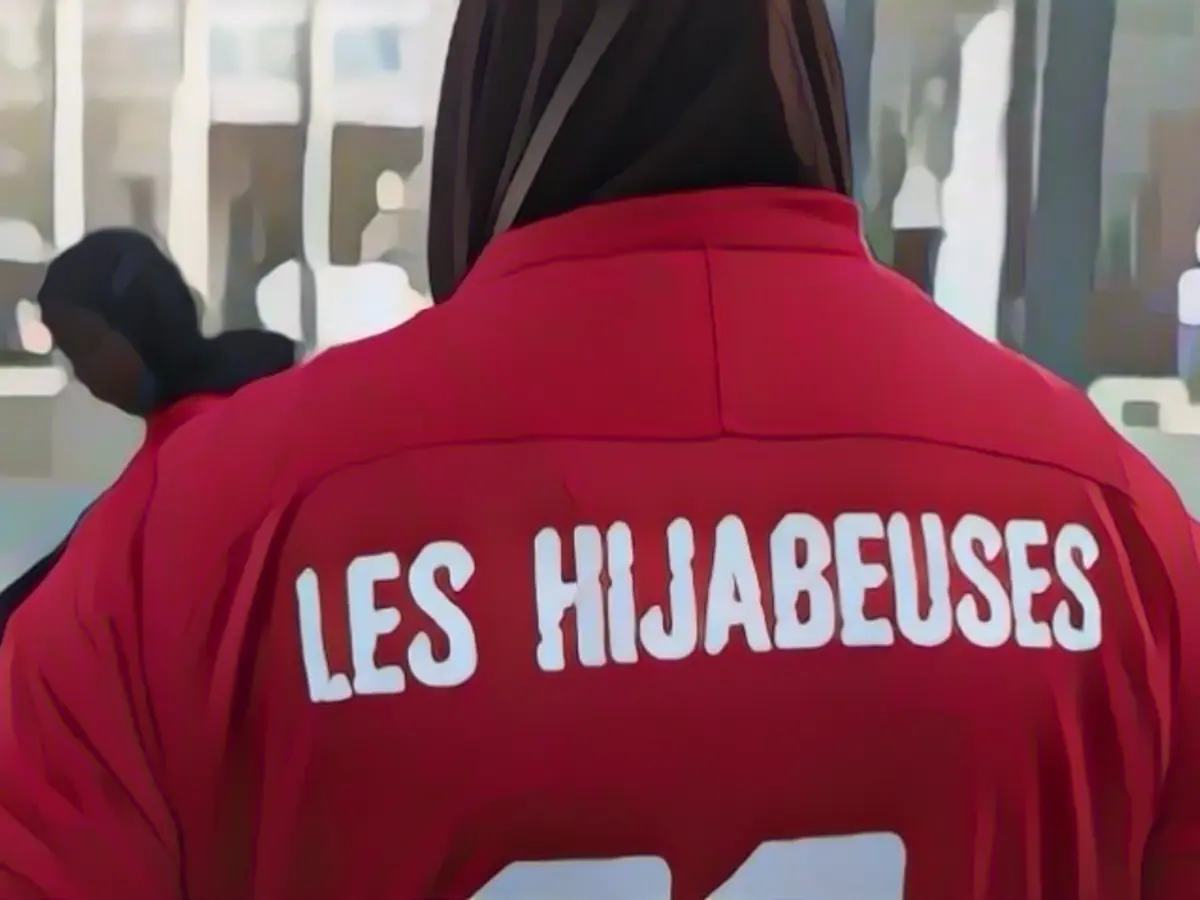In a recent vote, the French Senate passed a controversial bill with a narrow margin, aiming to ban "standout religious symbols" at sports events. This decision has sparked heated debates, as critics argue it infringes upon Muslim women's rights to practice their faith freely and is a form of religious discrimination. The proposal comes as France, with around 5.7 million Muslims, hosts the upcoming Olympic Games, aiming to showcase inclusivity on a global stage.
The proposed bill aims to prevent hijabs and other "conspicuous religious symbols" from being worn at sporting events, with supporters arguing that these items could potentially jeopardize sport participants' safety. Opponents, however, view the measure as another example of religious intolerance and a racist attempt to marginalize the Muslim community.
This ongoing tension in France is rooted in its history of secularism and religious freedom. The country has stricter rules during work hours, protecting the separation of church and state, while its complex relationship with Muslim populations has resulted in numerous legal battles and public debates.
Recently, the issue of religious symbols was brought back to the forefront with the French law on secularism and religious symbols at schools, banning most religious signs for public school students in 2004. The face covering ban was implemented in 2010, targeting women wearing chadors and burqas, justifying it as "a certain idea of living together."
The controversial ban on hijabs and other face coverings has left Muslim populations feeling targeted, with many believing it is a violation of their religious freedoms and a form of racism. The controversy has led to widespread protests and legal challenges, with courts ruling in both favor and against the ban.
In light of the upcoming Olympic Games and the growing tensions in France, the proposed ban on religious symbols at sports events has sparked further controversy. Many argue that the ban goes against the principles of equality and human rights, as well as the country's stated goal of promoting inclusivity during the Olympic Games.
As the situation unfolds, it is clear that the issue in France is far from resolved and continues to fuel heated debates and legal challenges. The controversy surrounding religious symbols and secularism highlights the country's delicate balance between preserving its secular traditions and protecting the rights of its diverse population.







